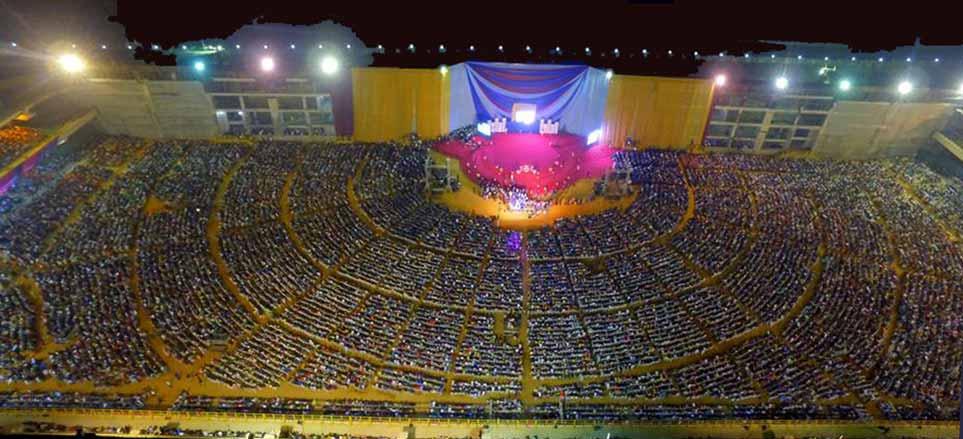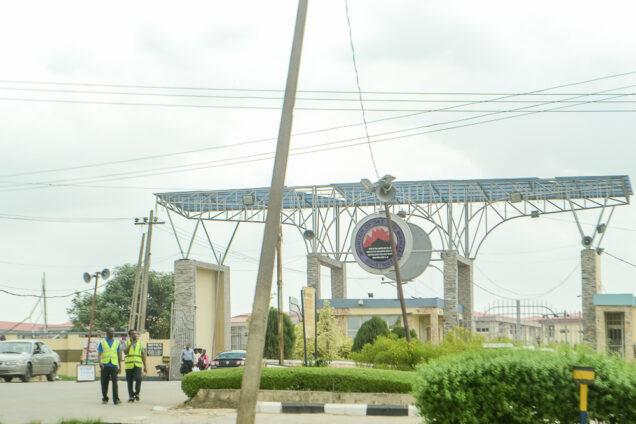Official Nigerian Police (Npf) Salary Structure 2025: How Much Do They Earn Monthly?

The Nigerian Police Force (NPF) plays a pivotal role in maintaining law and order across the country. As of 2025, the NPF's salary structure has undergone significant revisions to reflect the nation's economic realities and to boost the morale of its officers. This article provides a comprehensive breakdown of the NPF's salary structure, highlighting the impact of the recent minimum wage increase on police earnings.

Overview of the Nigerian Police Force
The NPF is the primary law enforcement agency in Nigeria, responsible for enforcing laws, preventing crime, and maintaining public order. It operates under the Ministry of Police Affairs and is headed by the Inspector General of Police. The force is structured into various ranks, each with specific duties and responsibilities.
Recent Developments: Minimum Wage Increase
In July 2024, the Nigerian government approved a significant increase in the national minimum wage from ₦30,000 to ₦70,000 per month . This adjustment aims to address the rising cost of living and inflation. Subsequently, the federal government implemented a 25% to 35% salary increment for public servants, including police officers, to align their earnings with the new minimum wage .
NPF Salary Structure by Rank (2025)
The salary structure for NPF officers is categorized based on their rank and grade level. Below is a detailed breakdown:
1. Entry-Level Officers
- Police Constable (PC) II: ₦84,000
- Police Constable (PC) I: ₦86,000
- Sergeant Copral (SC): ₦96,000
- Sergeant Major (SM): ₦119,000
- Inspector of Police (IP): ₦254,000
- Chief Inspector of Police (CIP): ₦267,000
2. Mid-Level Officers
- Assistant Superintendent of Police (ASP) II: ₦296,000
- Assistant Superintendent of Police (ASP) I: ₦321,000
- Deputy Superintendent of Police (DSP): ₦342,000
- Superintendent of Police (SP): ₦419,000
3. Senior Officers
- Chief Superintendent of Police (CSP): ₦483,000
- Assistant Commissioner of Police (ACP): ₦531,000
- Deputy Commissioner of Police (DCP): ₦531,000
4. Top Brass
- Commissioner of Police (CP): ₦502,970
- Assistant Inspector General of Police (AIG): ₦499,751
- Deputy Inspector General of Police (DIG): ₦546,572.80
- Inspector General of Police (IGP): ₦711,450
Note: These figures represent base salaries and may vary based on allowances and other factors.
Allowances and Benefits
In addition to their base salaries, police officers are entitled to various allowances, which may include:
- Housing Allowance: Provided to officers to assist with accommodation costs.
- Transport Allowance: Compensates for transportation expenses incurred during official duties.
- Risk Allowance: Given to officers exposed to hazardous situations.
- Duty Allowance: For officers assigned to special duties or locations.
These allowances are designed to supplement officers' incomes and address the challenges they face in their line of duty.
Impact of the Minimum Wage Increase on Police Salaries
The recent increase in the national minimum wage has positively impacted police officers' earnings. For instance, an entry-level officer's salary has seen a notable rise, enhancing their purchasing power and improving their standard of living. However, the adequacy of these salaries in the face of inflation and rising living costs remains a topic of discussion among labor unions and policymakers.
Frequently Asked Questions (FAQs)
Q1: Has the minimum wage increase affected police salaries?
A1: Yes, the federal government approved a 25% to 35% salary increment for public servants, including police officers, to align their earnings with the new minimum wage .
Q2: Are police officers entitled to allowances?
A2: Yes, in addition to their base salaries, police officers receive various allowances, such as housing, transport, risk, and duty allowances, to support their professional responsibilities.
Q3: How does the NPF salary structure compare to other security agencies in Nigeria?
A3: The NPF's salary structure is competitive within the context of Nigeria's public service sector. However, comparisons with other agencies can vary based on specific roles and responsibilities.
Q4: Are there opportunities for salary advancement in the NPF?
A4: Yes, officers can advance through ranks and grade levels, which typically come with corresponding salary increases and additional responsibilities.
Q5: How often are police salaries reviewed?
A5: Salary reviews occur periodically, with the most recent significant adjustment implemented in 2024. The frequency of future reviews may depend on economic conditions and government policies.
Conclusion
The Nigerian Police Force's salary structure in 2025 reflects the government's commitment to improving the welfare of its officers amidst economic challenges. While the recent salary increments are a step in the right direction, continuous evaluation and adjustments are essential to ensure that police officers are adequately compensated for their service to the nation.
Post A Comment
Your email address will not be published. Required fields are marked *









































































































































0 Comments